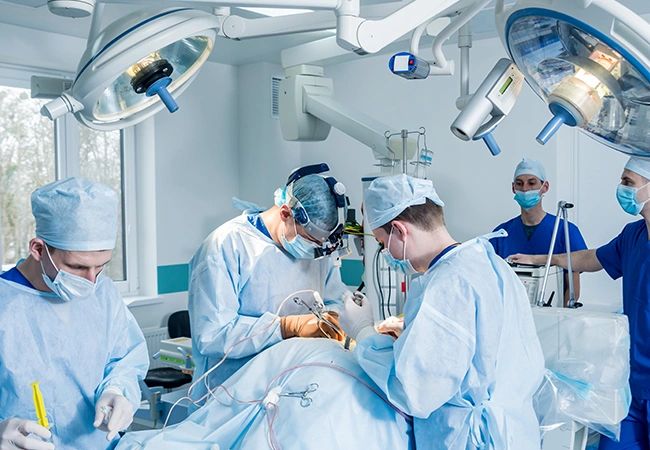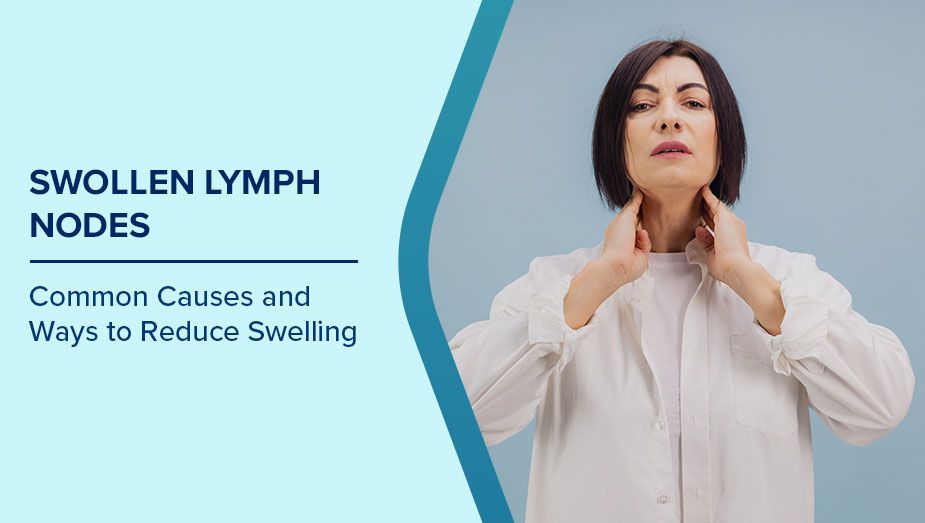- Super User
- Engineering
- Read Time: 3 mins
Below mentioned is a list of top 10 Engineering Colleges for Bangalore location. I suggest you choose the one which best suits you further, if you need a suggestion on the same then I would mention in my last paragraph.






